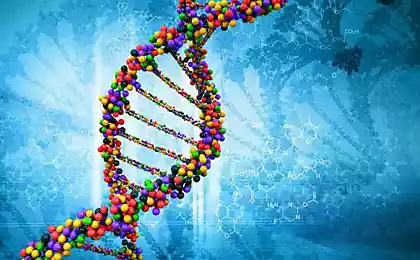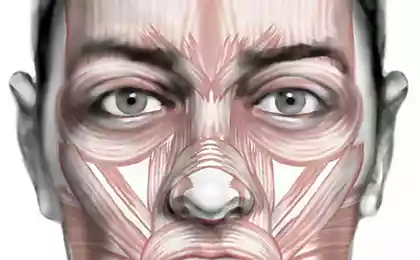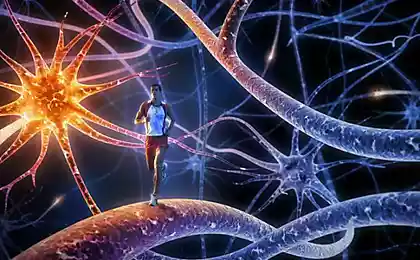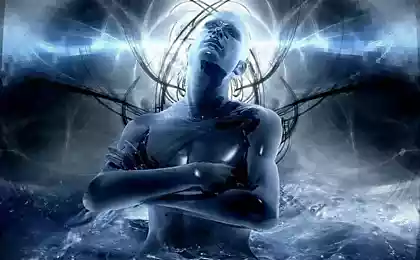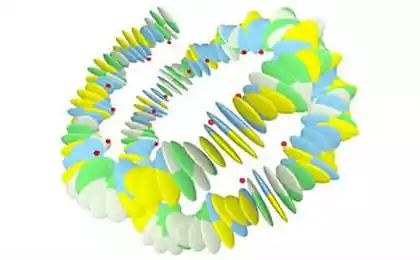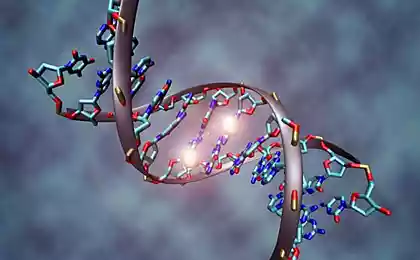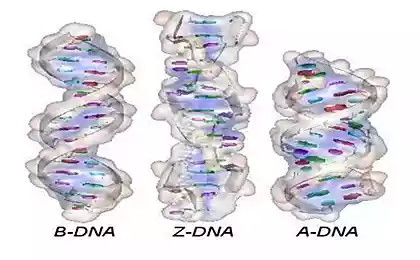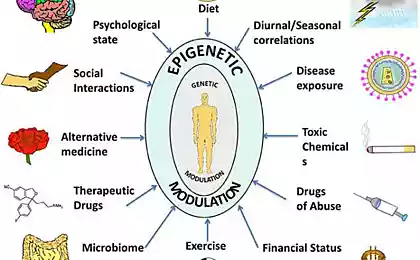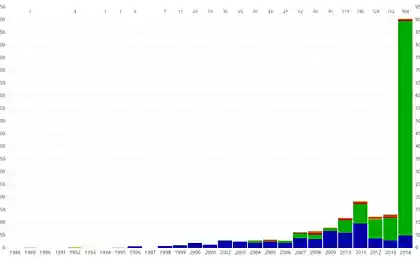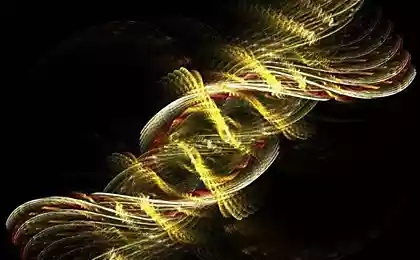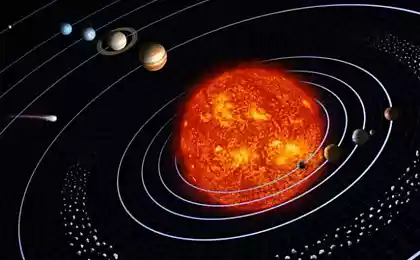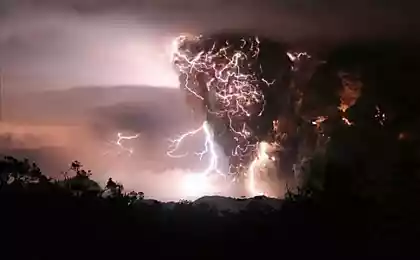171
In one teaspoon of DNA it is possible to save all the data of our planet

Even though humanity seems to find some way to wipe itself off the face of the earth, there is a chance that our spiritual heritage may survive. Servers, hard drives, flash drives, and drives will eventually collapse, but a team of researchers at the Swiss Federal Institute of Technology has found a way to encode data in DNA – allowing them to survive millennia.
One gram of DNA can contain up to 455 exabytes of data, according to New Scientist. For reference: an exabyte is one billion gigabytes, and a thousand exabytes is a zettabyte. According to cloud computing company EMC, in 2011, the amount of data on our planet was approximately 1.8 zettabytes – which means that we would need only about 4 grams of DNA (approximately a teaspoon) to preserve the entire legacy of mankind from the works of Plato to the last album Beyonce. DNA consists of four types of molecules that form pairs. To encode information in DNA, the scientists programmed these pairs into zeros and ones – the simplest binary code that forms the basis of all digital data in our world. This isn’t a new approach – scientists at Harvard University managed to encode the book into DNA in 2012, but until now, retrieving data from the molecule has been a challenge.
Previous tests showed gaps in the extracted data as DNA reacts to its surroundings and degrades at room temperature. Robert Grass, a project leader at the Swiss Institute, has found a new way to preserve information: treat it like a fossil. His team encased a DNA sample in a quartz shell and held it at 60 degrees Celsius for several weeks to test its strength.
After restoring the sample, they were able to successfully read the stored data, and according to Grass, if you store DNA at temperatures below zero, the information from it can be read even after millions of years.
To date, this process is very expensive. It took about $1,500 to create a Swiss sample that encoded 83 kilobytes of data, Grass told New Scientist.
However, with the development of new technologies, the cost of encoding DNA will surely fall – and we can count on humanity’s spiritual heritage not to be lost, no matter what happens to us.
published
Source: gearmix.ru/archives/18365
